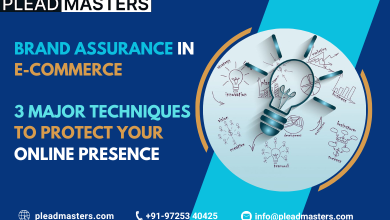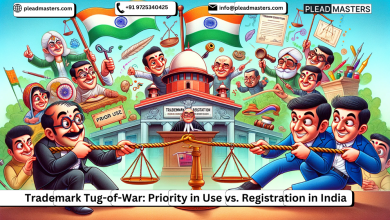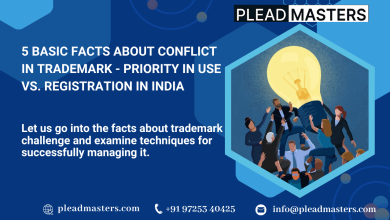Mediation and Alternative Dispute Resolution (ADR): Key Roles in Resolving Trademark Disputes in India – A Detailed 5-Step Guide
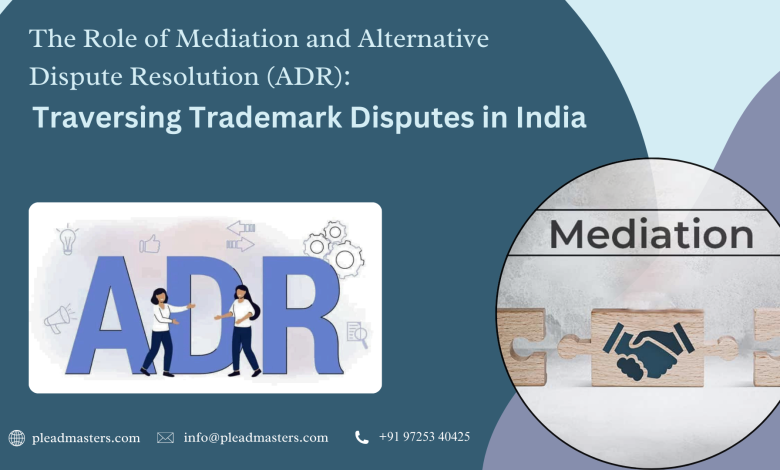
ADR and mediation serve as valuable tools in the active landscape of Indian commerce, where trademarks act as beacons of brand identity and consumer trust. However, when conflicts arise over these valuable assets, businesses often find themselves navigating complex legal waters. Traditional litigation can be slow, expensive, and contentious, prompting many to seek alternative solutions. Embracing mediation and ADR offers an effective and amicable approach to resolving trademark disputes.

Understanding Trademark Disputes in India
There are several trademark disputes in India which may be from infringement or counterfeiting to conflicts over ownership. These disputes may interrupt business operations. It may also affect the reputation and also may cause dangerous financial loss as well. Our traditional way of litigation through the courts, which is effective sometimes is very length as well as costly process. With all the backlog of cases and very complicated legal procedures, businesses are turning to meditation and ADR as alternatives.
The Emergence of Mediation and ADR
What is Alternative Dispute Resolution?
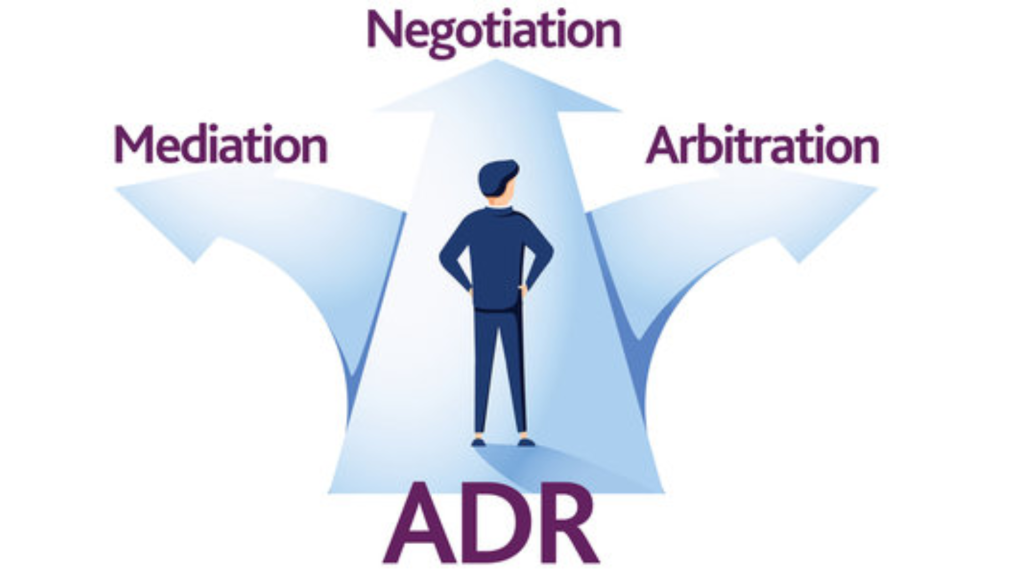
Alternative Dispute Resolution (ADR) comprehends various methods for solving conflicts outside the traditional court system. There are several methods which are meditation, conciliation, negotiation and arbitration. Litigation, which involves lengthy court proceedings are not chosen by people now. So, the other alternative is ADR which is more flexible and streamlined in solving disputes.
The Legal Framework for ADR in India:
In India, ADR is governed by various statutes and regulations, including the Arbitration and Conciliation Act, 1996, and the Commercial Courts Act, 2015. These laws provide a wide-ranging framework for the conduct of arbitration, mediation, and other ADR processes. Along with these, the Indian judiciary has been active in promoting ADR, by establishing meditation centres and courts in facilitating the solution of conflicts.
What are the Benefits of ADR?
- Efficiency: ADR always offers faster solution when compared to traditional litigation which helps parties to save time as well as resources
- Cost-Effectiveness: It is cost-effective than litigation, since the expenses associated to court proceedings can be avoided.
- Confidentiality: The proceeding in ADR is always confidential, which allows parties to openly discuss the issues without public exposure.
- Flexibility: ADR allows parties in tailoring the process according to the needs and interests which provides more flexibility and control.
- Preservation of Relationships: Focuses on problem solving, which helps in preserving business relationships and reputations
Popular ADR Methods in India:
1. Mediation: In mediation, there will be a neutral mediator who facilitates contact between parties and helps them in reaching a mutually understandable and acceptable solution
2. Arbitration: Arbitration is the proposal of a dispute to a neutral arbitrator, whose decision is on the parties.
3. Conciliation: Conciliation is almost same as to mediation but in this conciliator plays a major role in helping negotiations.
4. Negotiation: It is the way of communication among the parties in reaching a acceptable solution without the involvement of third parties.
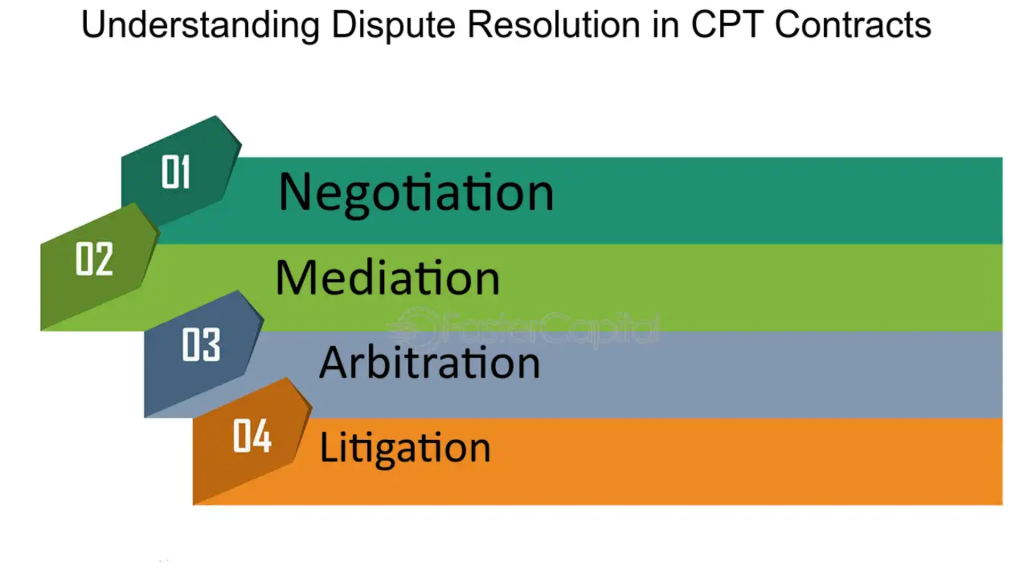
Alternative Dispute Resolution (ADR) has arisen as a powerful method for conflicts in India’s quickly evolving business. ADR has offered faster, cost-effective approach to conflict resolution and also has revolutionized the path that businesses navigate legal disputes. Having the support of legal framework and judiciary, ADR plays a vital role in India’s legal system promoting justice and efficiency for all the parties involved.
Success Stories of ADR in India:
There are several stories which illustrate the efficiency of ADR in solving conflicts among various industries in India. From commercial disputes to intellectual property conflicts, parties have found ADR to be a valuable method for solving conflicts and also in maintaining business relationships.
What is Mediation Process?
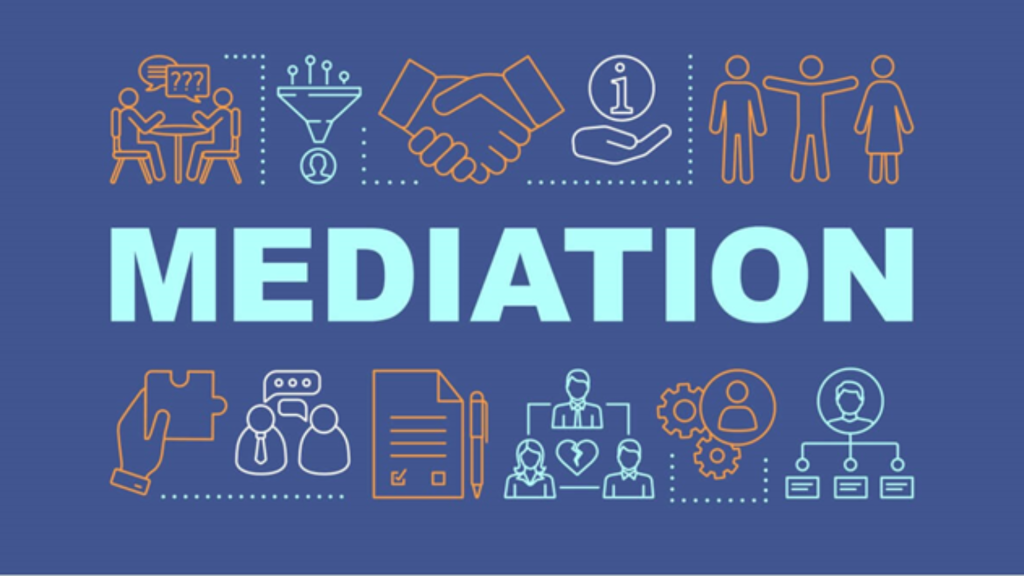
Trademark meditation is a process to find a mutually acceptable solution for a trademark dispute which involves parties where they work together with the assistance of a neutral mediator. Unlike litigation, which can be slow and time-consuming, mediation always focuses on collaboration and compromise, allowing parties in maintaining control over the outcome of their dispute.
How Does Trademark Mediation Work?
This process starts with the selection of a qualified mediator who is expertise in trademark law and dispute resolution. The mediator will act as neutral facilitator, who will guide the parties through discussions and helps them in exploring potential solutions. All the meditation sessions are very private and confidential, which allows parties to openly discuss their concerns without any fear.
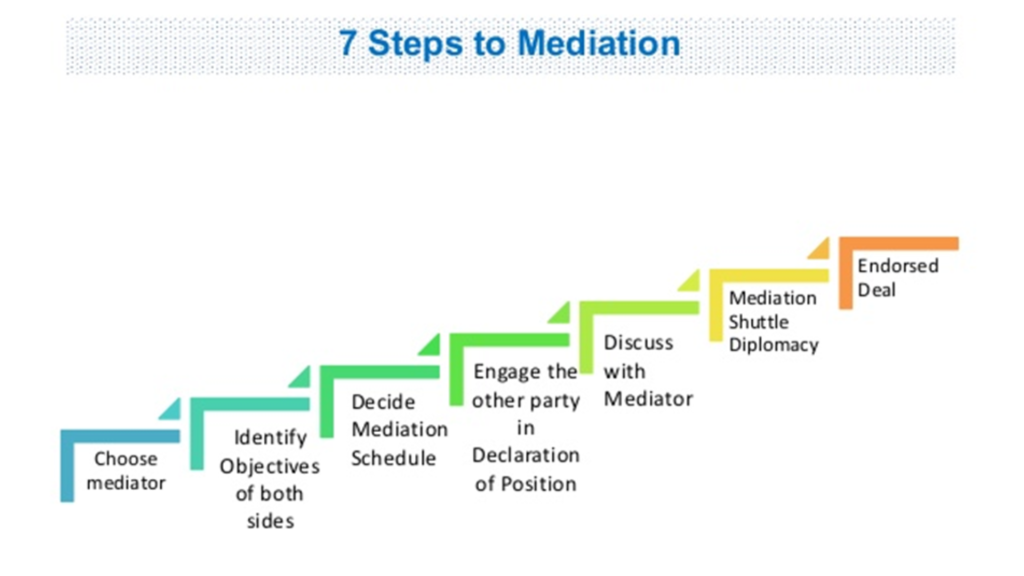
What are the Benefits of Trademark Mediation?
- Efficiency: ADR always offers faster solution when compared to traditional litigation which helps parties to save time as well as resources
- Cost-Effectiveness: It is cost-effective than litigation, since the expenses associated to court proceedings can be avoided.
- Privacy: The proceeding in ADR is always confidential, which allows parties to openly discuss the issues without public exposure.
- Maintaining Relationships: Focuses on problem solving, which helps in preserving business relationships and reputations
- Modified Solutions: Mediation allows parties to craft creative solutions tailored to their specific needs and interests.
Mediation typically involves several stages, starting with the selection of a qualified mediator which is agreed upon by both the parties. The mediator facilitates communication among the parties which helps them to identify common interests, find good solutions and also come to a settlement. Throughout the process, confidentiality is maintained, allowing parties to discuss sensitive issues openly and without fear of disclosure.
Tips for Effective Mediation
1. Preparation: Always gather relevant documentation and evidence to support your position.
2. Communication: Maintain open and proper communication with the other party throughout the mediation process.
3. Flexibility: Be ready to explore creative solutions and compromise in attaining a mutually acceptable agreement.
4. Professionalism: See mediation with professionalism and a commitment to solve the conflict in good faith.
Tips for Successful Trademark Mediation:
1. Come Prepared: Gather relevant information and documentation to support your position.
2. Keep an Open Mind: Be ready in listening to the other party’s views and explore alternative solutions.
3. Focus on Interests: Instead of positions, focus on underlying interests to find common ground.
4. Stay Positive: See mediation with a positive and clear attitude and a preparedness to find a solution.
Success Stories of meditation in India:
There are several success stories that focus the efficiency of trademark mediation in solving conflicts among various industries. From very small businesses to multinational corporations, parties have found mediation to be a valuable method for solving disputes and moving with their goals.
ADR and Meditation provide chances for the parties to involve in communications and also to reach mutually acceptable solutions with the help of a neutral third party. Meditation nurtures teamwork and compromise whereas litigation is expensive and time consuming. Meditation offers a lot of benefits. They are privacy, cost-effectiveness, flexibility in creating solutions meeting specific needs of the parties involved in it. So, the ADR and meditation offers realistic and efficient means of solution. In the realm of trademark disputes, where preserving reputation of the brand is supreme.
Success Stories of ADR and Meditation
There are numerous success stories that focus the worth of mediation and ADR in solving trademark disputes in India. Parties have found mediation to be a valuable method for resolving conflicts instantly and cost-effectively from big multinational corporations to small businesses. Case studies explain how mediation preserves business relationships, lessens reputational damage, and also allows parties to emphasis on their core objectives.
Trademark always offers very realistic and effective means of solving conflicts in a very cost-effective manner. By opting meditation, parties can avoid the amount spent on litigation and also find mutually beneficial solutions which maintains, business reputations as well as relationships. With the help of the highly talented mediator, the disputes can be solved easily allowing parties in focusing on their core objectives.
Conclusion
In conclusion, mediation and alternative dispute resolution offer a feasible and effective means of solving trademark disputes in India. By opting these, parties can avoid the amount spent on litigation and also find mutually beneficial solutions, which maintains business reputations as well as relationships. With the help of the highly talented mediator, the disputes can be solved easily allowing parties in focusing on their core objectives and also parties can navigate trademark disputes with confidence and emerge stronger and more resilient.
In our company PLEAD MASTERS, we concentrate in providing trade mediation and Alternative Dispute Resolution (ADR) services, providing parties with effective ways of resolving disputes. Our team of highly professionals is dedicated in providing constructive dialogue and also in finding mutually acceptable solutions that meet with the specific interests of all parties involved in communication. Whether through mediation, arbitration, conciliation, or negotiation, we try to simplify the dispute resolution process, consume time, resources, and maintaining valuable business relationships. With our skills and commitment to excellence, our goal is to enable parties to navigate disputes with confidence and achieve most favorable results.
